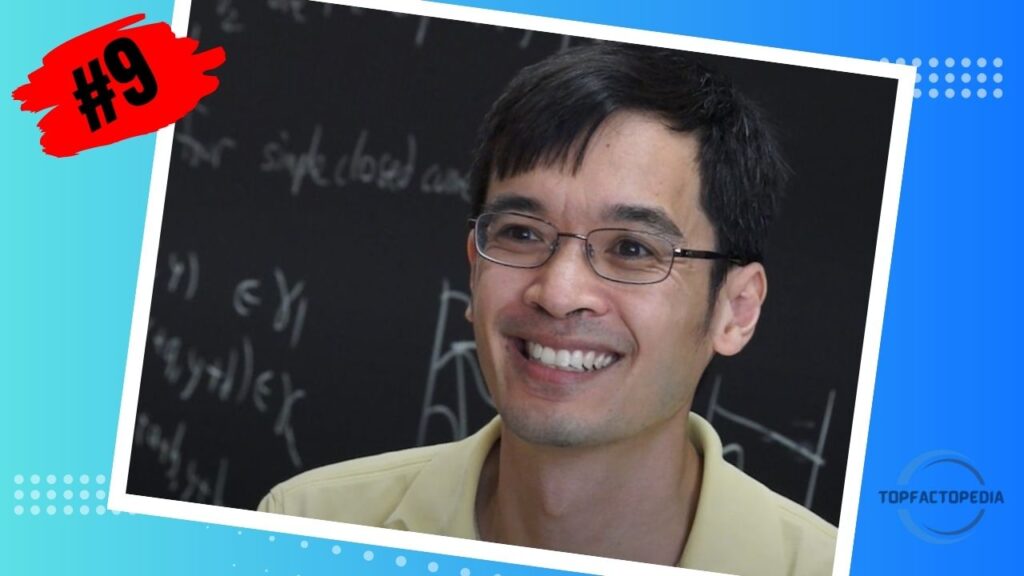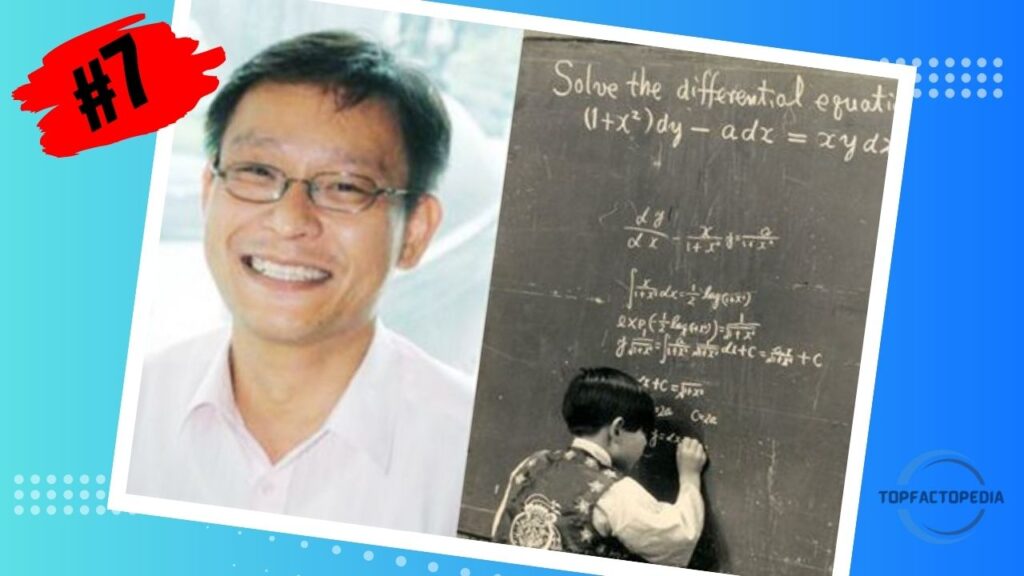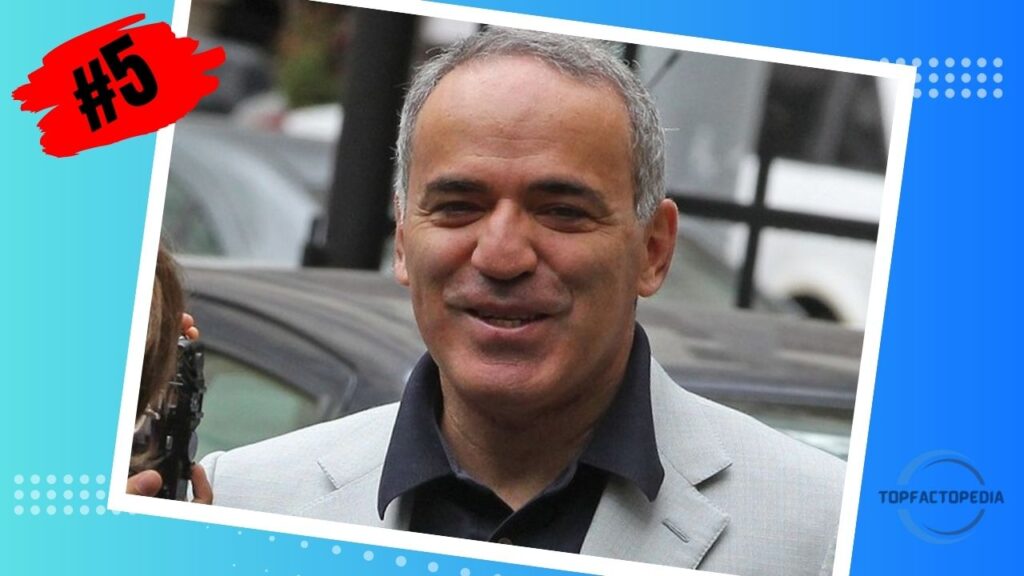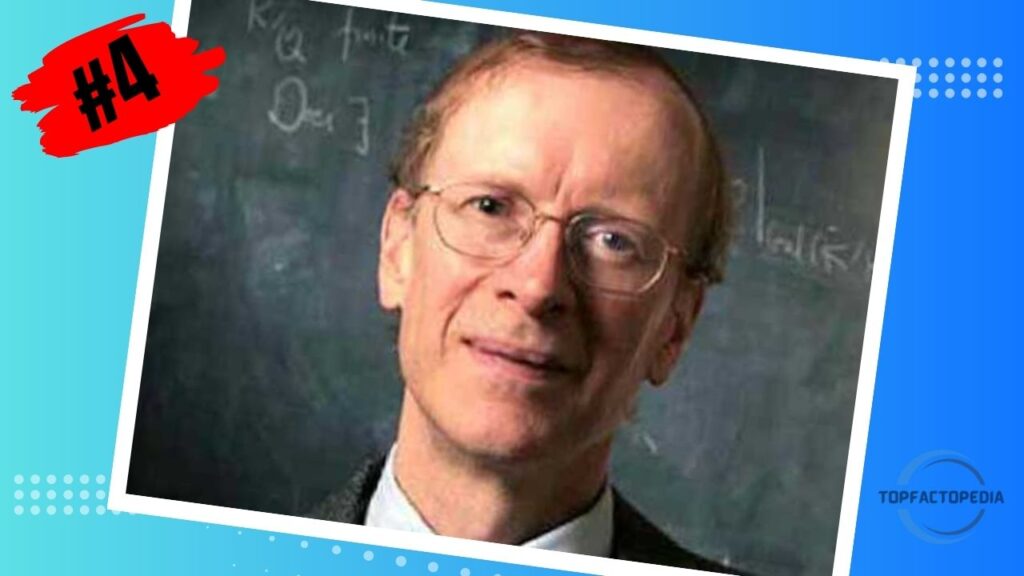Introduction
Some people have exceptional cognitive abilities that set them apart from others, and intelligence is one of the most fascinating aspects of the human mind. In this article, we will discuss the lives and accomplishments of the top 10 people in the world in terms of IQ. These individuals are considered to be the smartest people in the world. These extraordinary people have made significant contributions to a variety of fields, including computer science, mathematics, and physics, and have pushed the limits of what is possible for human intelligence. Join us on this enthralling journey as we investigate the extraordinary minds of some truly brilliant people.
What is IQ?
The Intelligence Quotient, also known as IQ, is a numerical representation of an individual’s cognitive abilities in comparison to those of the general population. Standardized tests are used to determine it. These tests evaluate different aspects of intelligence, such as logical reasoning, problem-solving, spatial awareness, and verbal comprehension. The score of 100 is considered to be the average, and scores higher than that indicate a greater intellectual capacity.
The Criteria for Inclusion
Individuals must have achieved notable success in their respective fields in addition to possessing a documented IQ score in order to be considered for inclusion on this list. Even though it is not the only factor that determines intelligence, an individual’s intelligence quotient (IQ) provides valuable insight into their cognitive capabilities.
Top 10 Smartest People in the World
10. William James Sidis

Background and Achievements
William James Sidis, who was born in 1898, is considered by many to be among the most intelligent people in human history. Sidis displayed exceptional intellectual abilities even at a young age, leading experts to estimate that his IQ fell somewhere between 250 and 300. He was admitted to Harvard University when he was just 11 years old and received his degree in mathematics when he was 16 years old. Throughout his entire life, Sidis was known for making important contributions to the fields of mathematics, linguistics, and anthropology.
Impact on Society
The brilliant work of Sidis was not confined to the academic world. He was able to communicate effectively in a number of different tongues and possessed an exceptional memory. Despite the extraordinary intelligence he possessed, Sidis had difficulty fitting in with society and dealt with difficulties in his personal life. Despite this, the contributions he made to the advancement of knowledge and comprehension have had an enduring effect.
9. Terence Tao

Background and Achievements
Terence Tao is a mathematician who was born in 1975 and is renowned for his extraordinary ability. At the age of 13, he won a medal in the International Mathematical Olympiad, making him the youngest medalist in the competition’s history. He went on to receive many accolades throughout his career. Harmonic analysis, partial differential equations, and number theory have all been central topics in Tao’s research over the course of his career as a mathematician.
Impact on Society
Impact on Society The pioneering work done by Tao has not only contributed to a deeper understanding of mathematics, but it has also influenced the study of a number of other scientific fields. His findings could have an impact in a variety of disciplines, including physics and computer science. In addition, Tao’s unwavering commitment to serving as a role model for younger mathematicians has encouraged succeeding generations to pursue their interest in the subject.
8. Christopher Hirata

Background and Achievements
Christopher Hirata is a theoretical physicist who was born in 1982. He is renowned for his extraordinary intelligence and the contributions he has made to the field of cosmology. At the age of 13, he became the youngest person from the United States to ever win a gold medal in the International Physics Olympiad. He had been a child prodigy. Research conducted by Hirata has primarily concentrated on two topics: the cosmic microwave background radiation and the process of galaxy formation.
Impact on Society
Impact on Society The research conducted by Hirata has helped shed light on the beginnings and development of the universe, providing valuable insights into fundamental questions about our very existence. His work has helped advance the field of cosmology and has enhanced our comprehension of the universe as a whole.
7. Kim Ung-Yong

Background and Achievements
Kim Ung-Yong is a South Korean civil engineer who was born in 1963. He is known as a former child prodigy and is estimated to have an IQ of 210. He was able to read in four different languages by the age of three, including Korean, Japanese, English, and German. At the age of eight, NASA extended an invitation to Kim to come to the United States so that she could participate in the agency’s space programme. After that, he embarked on a career path in the field of civil engineering.
Impact on Society
Many young people’s minds have been sparked to greater potential as a result of Kim’s extraordinary intelligence and early successes. His life serves as a powerful illustration of the limitless potential of human intelligence as well as the significance of recognizing, cultivating, and encouraging talented individuals.
You May Also Like: 8 Genius Methods to Make Your Dog Smarter and Happier
6. Marilyn Vos Savant

Background and Achievements
Marilyn Vos Savant is a well-known American author and columnist who was born in 1946. She is also well-known for having one of the highest recorded IQ scores. She attained fame after being included in the Guinness Book of World Records in the section titled “Highest IQ.” Her score was 228, and the category was named after her. Savant is a prolific author who has written a lot on a variety of topics, including mathematics, logic, and finding solutions to problems.
Impact on Society
Because of Savant’s ability to break down difficult ideas and present them in a manner that is understandable by a wide audience, she is regarded as an authority in the field of intelligence and critical thinking. Her contributions have enabled an incalculable number of people to improve their cognitive abilities and take a more analytical approach to the process of problem-solving as a result of her work.
5. Garry Kasparov

Background and Achievements
Garry Kasparov is a Russian chess grandmaster and a former world champion. He was born in 1963 and currently resides in Russia. Kasparov is widely regarded as one of the best chess players in the game’s long and illustrious history due to the exceptional strategic thinking and analytical skills he possesses. He has been a vocal advocate for human rights and democracy, in addition to making significant contributions to the development of chess theory, which he has worked on.
Impact on Society
Not only has Kasparov’s prowess in the game of chess served to motivate people who are passionate about the game, but it has also served to illustrate the strength of the human intellect. His contributions to the field have improved various aspects of the game and have had an impact on subsequent generations of chess players. Outside of the realm of chess, Kasparov’s advocacy and activism have had a significant impact on society as a whole.
4. Andrew Wiles

Background and Achievements
Andrew Wiles, a British mathematician who was born in 1953, is best known for proving Fermat’s Last Theorem, which was considered to be one of the most renowned unsolved problems in the field of mathematics. After many years of laborious research, he finally finished his proof in 1994, and for it he was awarded a number of accolades, including the Abel Prize.
Impact on Society
The ground-breaking proof that Wiles developed has had a significant influence on the field of mathematics. The issue, which dated back hundreds of years, was solved, and new insights into number theory were gained as a result. The accomplishments of Mr. Wiles stand as a testimony to the efficacy of dogged determination and the capacity of human intelligence to penetrate the mysteries of the cosmos.
3. James Woods

Background and Achievements
James Woods is a well-known American actor and producer who was born in 1947. In addition to his successful acting career, James Woods is known for his exceptional intelligence. Woods, who is said to have an IQ of approximately 180, has demonstrated his abilities in a diverse range of roles throughout his career, for which he has received widespread critical acclaim as well as a number of awards.
Impact on Society
The acting chops of Woods are only one facet of his overall brilliance. He has been an advocate for a wide range of causes, including political and social issues, using the platform he has been given. Because of his superior intelligence and the eloquence with which he articulates his opinions, he is recognised as a respected voice in public discourse.
You May Also Like: 13 Smart Ways to Improve Your Business Sales
2. Ruth Lawrence

Background and Achievements
Ruth Lawrence is a British mathematician who was born in 1971 and used to be considered a child prodigy. She was only 12 years old when she enrolled at the University of Oxford, and just 17 years old when she received her doctorate in mathematics. In addition to holding academic positions at some of the most prestigious institutions in the world, Lawrence has made significant contributions to the field of algebraic topology.
Impact on Society
The accomplishments of Lawrence serve as a source of motivation for younger generations of mathematicians and bring attention to the significance of encouraging intellectual potential at a young age. Her contributions to mathematics have broadened our understanding of abstract ideas and paved the way for further developments in the field. Her work has also helped pave the way for future advancements in mathematics.
1. Judit Polgár

Background and Achievements
Grandmaster Judit Polgar is a Hungarian player who was once considered a child prodigy. She was born in 1976. She became the youngest grandmaster in the history of chess at the age of 15, gaining her international recognition for her exceptional chess skills and setting a new record in the process. In the world of chess, Polgár is notable for her accomplishments, which include breaking gender barriers and defeating multiple world champions.
Impact on Society
The accomplishments of Polgár have disproved the notion that there is a correlation between a person’s gender and their level of intelligence. Her accomplishments have served as motivation for a new wave of female chess players and have helped women in the game achieve greater visibility and autonomy as a result of her contributions.
Conclusion
The ten people who are discussed in this article are just a small sample of the many extraordinarily intelligent people who have ever graced our world. Their remarkable accomplishments and contributions to a wide variety of fields have broadened the scope of human knowledge and motivated generations to push the limits of the human intellect. During this time where we are honoring their brilliance, let us not forget that there are many different manifestations of intelligence, each of which ought to be fostered and valued for what it brings to the world.
Few More Queries
- Who is the smartest person in the world?
The smartest person in the world is a subjective designation, as intelligence can be measured and evaluated in various ways. However, individuals such as William James Sidis, Terence Tao, and Christopher Hirata are often considered among the smartest based on their exceptional cognitive abilities and contributions to their respective fields.
- What is the highest recorded IQ?
The highest recorded IQ belongs to Marilyn Vos Savant, who achieved a score of 228, according to the Guinness Book of World Records. However, it’s important to note that IQ is just one measure of intelligence, and there are different types of intelligence that cannot be solely captured by a single number.
- Can IQ change over time?
Q scores are considered relatively stable over time, but they can be influenced by various factors such as education, environment, and personal experiences. While individuals can enhance their cognitive abilities through learning and intellectual stimulation, significant changes in IQ scores are uncommon.



